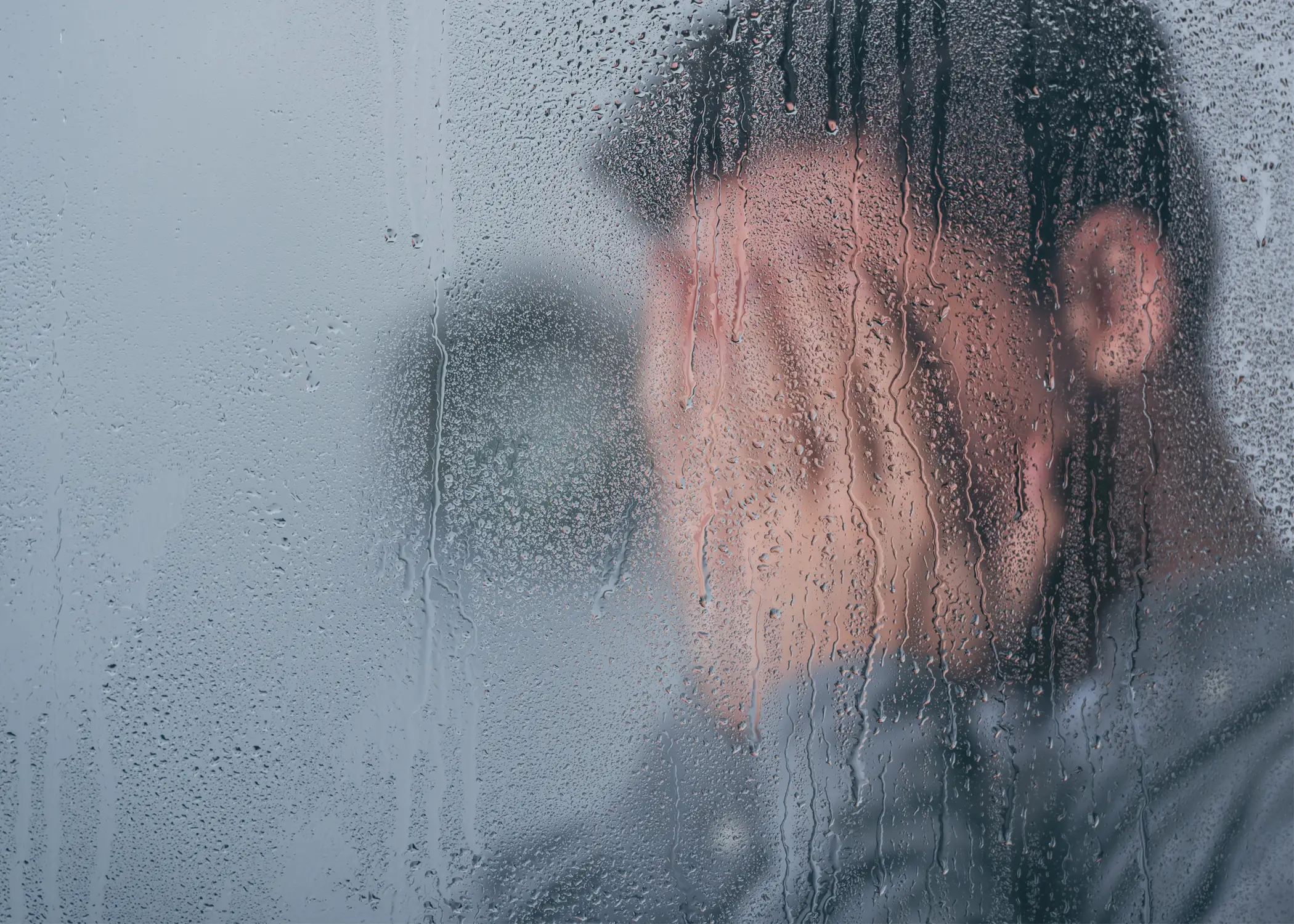In our fast-paced world, we often prioritize work, relationships, and daily tasks over our own well-being. However, mental health is just as crucial as physical health, and it’s important to take care of both. On this World Mental Health Day, let’s talk about how to recognize the signs that your mental health might need attention. These early indicators can help you know when it’s time to slow down, reflect, and seek the support you deserve.
1. Constant Fatigue
Do you often feel exhausted even after a full night’s sleep? Feeling constantly tired isn’t just a sign of physical exhaustion—it can be a sign that your mind is working overtime. Mental fatigue can drain your energy levels, making even simple tasks feel overwhelming. If your body and mind are both struggling to recharge, it’s time to consider giving yourself a mental break.
Tip: Try to incorporate regular rest periods into your day. A quick meditation or a walk outside can help re-energize your mind.
2. Loss of Interest in Hobbies and Activities
Are activities that once brought you joy now feeling like a chore? Losing interest in hobbies, work, or socializing can be a strong indicator that something isn’t right. Mental health struggles often lead to a feeling of emotional numbness, making it hard to engage in activities that once felt rewarding.
Tip: Schedule time for hobbies or social activities that make you happy, even if you’re not feeling up for them. You may rediscover that spark of joy once you start engaging again.
3. Difficulty Concentrating
If you’re finding it hard to stay focused or keep up with tasks, it may be a sign your mental health needs attention. Whether it’s due to stress, anxiety, or other emotional challenges, trouble concentrating can lead to decreased productivity and frustration.
Tip: Break down tasks into smaller, manageable steps and take short breaks to clear your mind. Setting achievable goals can help you regain focus.
4. Feeling Overwhelmed by Daily Tasks
Do simple tasks suddenly feel impossible? Feeling overwhelmed can happen when your mental load is too heavy. This sense of being “stuck” often points to underlying mental health struggles like anxiety or burnout.
Tip: Start by tackling one small task at a time. Prioritizing what truly matters and delegating when possible can reduce that overwhelming feeling.
5. Changes in Sleep or Appetite
If you’ve noticed changes in your sleep patterns—whether it’s sleeping too much or too little—or if your appetite has shifted drastically, these may be signs that your mental health is out of balance. Stress, anxiety, and depression can all affect how and when we sleep and eat.
Tip: Establish a regular sleep routine and pay attention to how certain foods make you feel. Try to maintain a balanced diet and get proper rest to support both mental and physical health.
It’s Okay to Ask for Help
If any of these signs feel familiar, remember that it’s okay to ask for help. Reaching out to a friend, a family member, or a mental health professional is a powerful step toward healing. Your mental health is just as important as your physical health, and taking time to care for it is essential for overall well-being.
This World Mental Health Day, take a moment to check in on yourself. Prioritize your mental well-being because a healthy mind is the foundation for a fulfilling life.
Please remember that your life is valuable, if you or someone you know is having suicidal thoughts reach out to a medical professional or to your local helpline.
Useful Contacts
Portugal:
Emergency services: 112
Association for Support of Depressive and Bipolar Patients: 218540740
USA:
National Suicide Prevention Hotline: 1-800-273-TALK (8255)
Disaster Distress Helpline: 1-800-985-5990 or text TALKWITHUS to 66746
Spain:
Suicide & Crisis Helpline: 988






